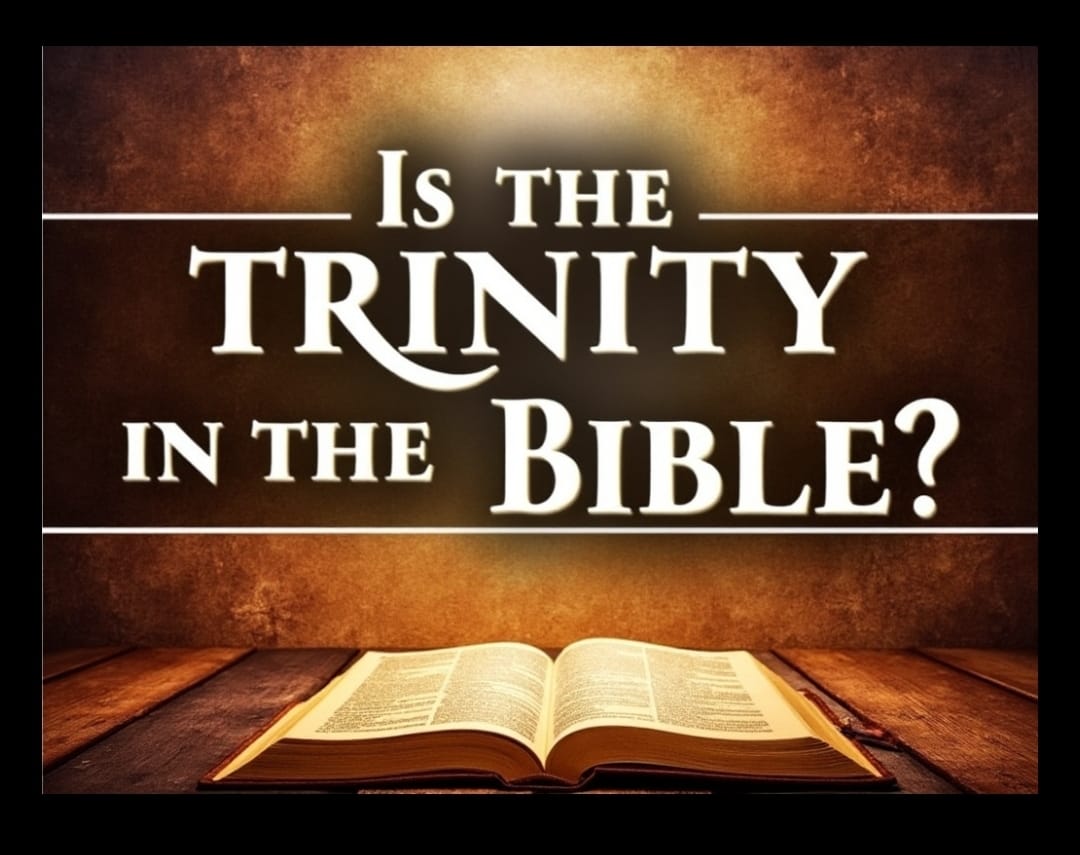
Is the Trinity in the Bible?
Daniel JusticeShare
The concept of the Trinity, which is the Christian doctrine that God exists as three persons but is one being, is not explicitly mentioned in the Bible by the term "Trinity." However, the elements that led to the formulation of this doctrine are indeed found within the scriptures:
The Father: Numerous references in the New Testament speak of God the Father. For example, Jesus frequently talks about or to His Father (e.g., John 17).
The Son (Jesus Christ): The New Testament is replete with references to Jesus as the Son of God, and there are passages where His divinity is either claimed by Him or by others. For instance, John 1:1 says, "In the beginning was the Word, and the Word was with God, and the Word was God." Later, John 1:14 identifies "the Word" as becoming flesh, referring to Jesus.
The Holy Spirit: The Holy Spirit is mentioned throughout the Bible, from Genesis (where the Spirit of God hovers over the waters) to the New Testament, where the Holy Spirit descends on the apostles at Pentecost (Acts 2). Jesus also speaks of the Holy Spirit as another Comforter or Advocate (John 14:16, where He uses the term "another", implying similar nature to Himself).
There are several passages where all three persons of the Trinity are mentioned together:
The Great Commission: In Matthew 28:19, Jesus instructs His disciples to baptize "in the name of the Father and of the Son and of the Holy Spirit."
Paul's Benediction: 2 Corinthians 13:14 says, "The grace of the Lord Jesus Christ, and the love of God, and the communion of the Holy Ghost, be with you all."
At Jesus's Baptism: In Matthew 3:16-17, all three persons are present: Jesus is baptized, the Spirit of God descends like a dove, and the voice of the Father speaks from heaven.
While these elements are biblically supported, the explicit formulation of the Trinity as a theological doctrine was developed over time through church councils, like the Council of Nicaea in 325 AD and the Council of Constantinople in 381 AD, to address heresies and to articulate the nature of God as understood from scripture.
So, while the word "Trinity" itself isn't in the Bible, the foundational ideas that it represents are derived from biblical texts.
